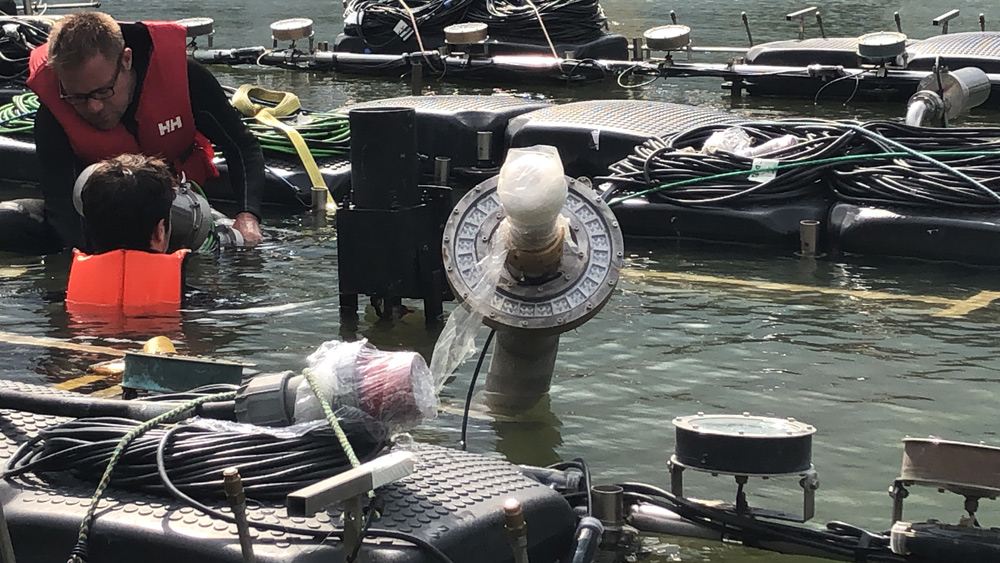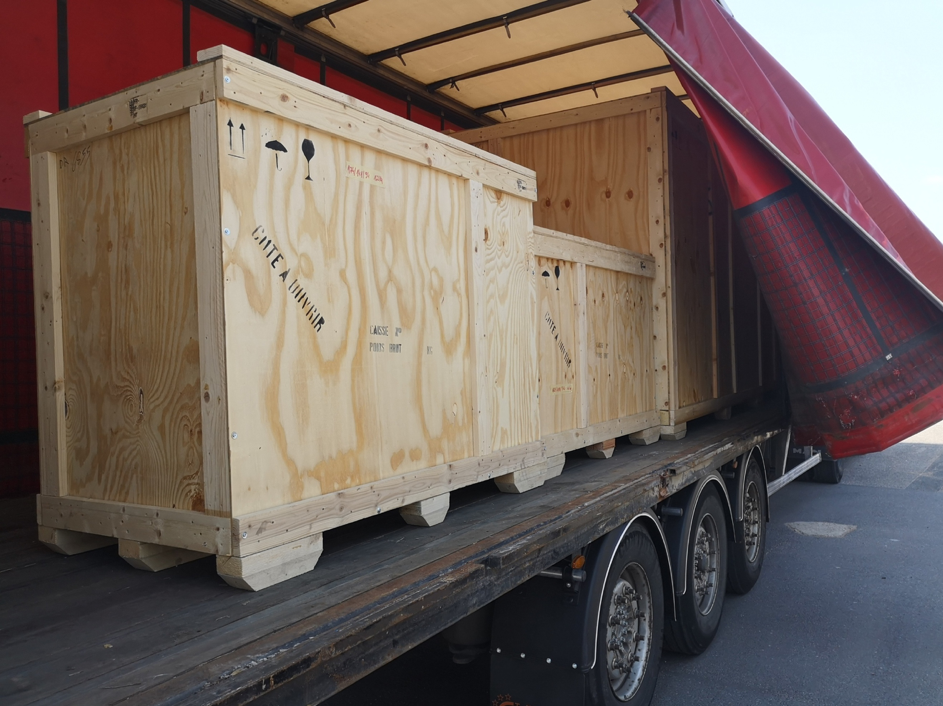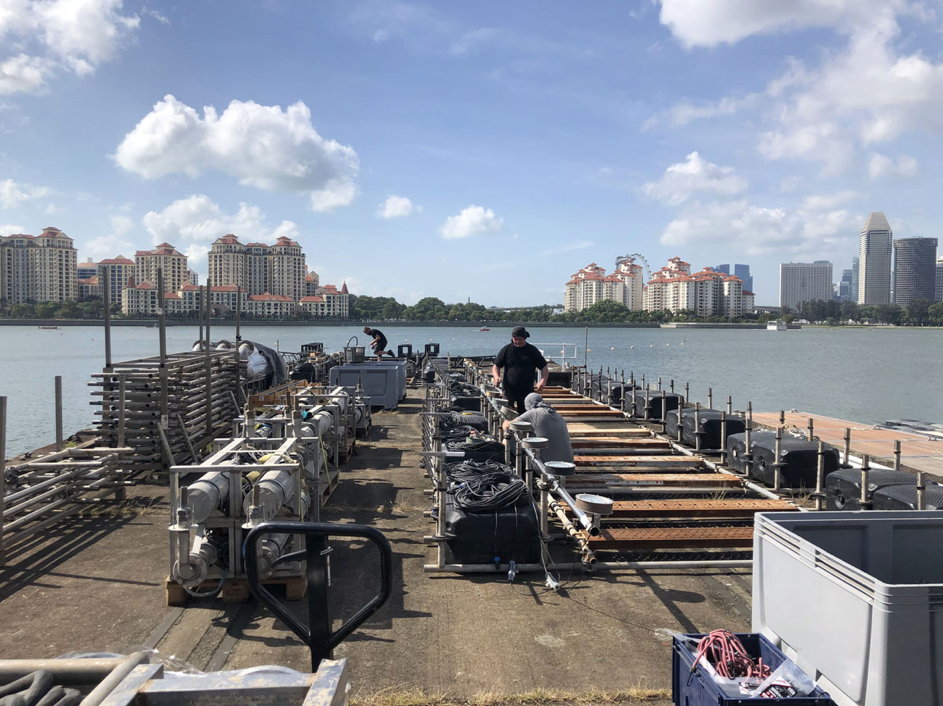
A matter of… travelling
Being organised and forward-thinking
Crystal Group has a true international reputation. We therefore have manage projects all around the world. Logistics and shipping are part of the skills we have developed over 20 years of experience and which are now essential to us.
I have been working for Crystal Group since the outset and this experience has allowed me to become fully familiar with the workings of shipping, customs and carriers.
When you have to manage the shipping of machinery to the other side of the world, it’s in your best interests to be organised and proactive!

The Packing List
In the workshop, we are responsible for preparing all the material, packaging and loading pallets. We then fill in the packing list, a reference document for customs. This document lists all the documents that will be enclosed in the container. We generally list around 400 references for each container. For large-scale shows, we can ship up to 6 containers. Do the maths!
The Packing List must be very specific. It’s all there, down to the number of nuts and bolts! It’s all about being very vigilant to ensure that our container is not held up in customs and the show compromised. I work with my entire team and our logistics coordinator, Slawomir Kowalewski, to ensure that everything is planned ahead of time and that everything runs smoothly.
Knowing the customs requirements of each country and keeping abreast of legislation is all part of our job. Procedures are sometimes complex and there are numerous prohibitions. For example, it is prohibited to bring wood into certain countries.
In China, some of our parts cannot be accepted because they can be produced locally. This protection requires the offender to destroy their goods and buy them locally. If not, you cannot enter the country.
The packing list is then sent and approved by the customs. It is only after this approval is received that can we ship the containers.

For so-called “temporary” shipments, i.e. where parts are planned to return to France, we operate with an ATA Carnet on which everything is recorded. What goes in must come out. In Switzerland, we once had a container held up because a pair of ice skates were missing!
When long-term projects are involved and when supplies or machinery have to remain on site, this is then referred to as a final shipment. The ATA Carnet is not used.
We have, of course, learned to manage all these issues and, above all, anticipate them. For long-term projects, shipping is planned months in advance.
When lead times are too short, we are fortunate, thanks to our 20-year history, to be in touch with local contacts or transit partners. They provide great help in freeing up certain situations.

